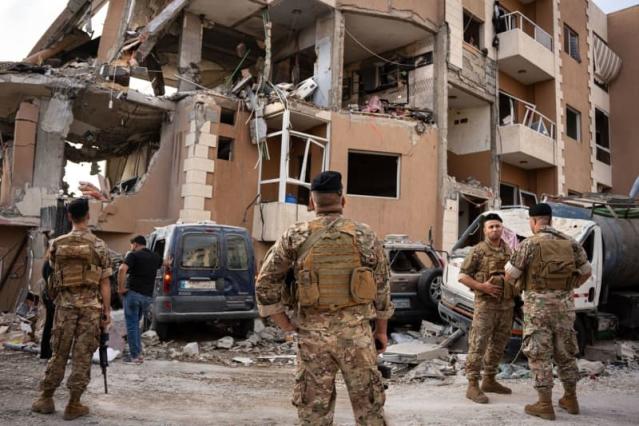…As 33 injured in Mosque violence in northern Ethiopia – Official***
At least four people were killed in a shooting incident in the eastern Canadian city of Fredericton, police said on Friday.
The Fredericton police said in a post on Twitter the incident was ongoing and there were multiple fatalities.
The police urged people to stay inside and lock doors.
In 2014, another mass shooting in New Brunswick led to the deaths of three Royal Canadian Mounted Police officers and the wounding of two more in Moncton.
At the time, the incident was one of the worst of its kind in Canada, where gun laws are stricter than they are in the United States and deadly attacks on police are rare.
But a proliferation of weapons has led to an increase in gun crimes in recent years.
In July, a gunman walked down a busy Toronto street, killing two people and wounding 13 before turning his gun on himself.
On Thursday, Ontario pledged more money for police and to keep suspects behind bars while they await trial on gun crimes charges, as the Canadian province grapples with rising shootings involving domestically obtained weapons.
In the meantime, violence between rival Islamic groups at a mosque in Ethiopia’s northern
Amhara regional state left 33 people injured, an Ethiopian official said on Friday.
Yalelet Zegeye, chief police inspector at Kombolcha city police department, Amhara regional state,
said the violence occurred on Thursday afternoon when dispute between two rival groups about
ownership of a mosque and its finances turned violent.
Zegeye said 11 people sustained heavy injuries and 22 others light injuries. while police has arrested
10 people for suspected involvement in the violence.
He further said police is conducting discussions with the local Muslim community to prevent the
recurrence of the violence in the city.
A witness told Xinhua the mosque violence involved members of an Al-Ahbash Islamic sect and members of
a mainstream Islamic sect.
Muslims make up about 33 per cent of Ethiopia’s population of around 100 million and are generally
well integrated into the wider Ethiopian society.





















